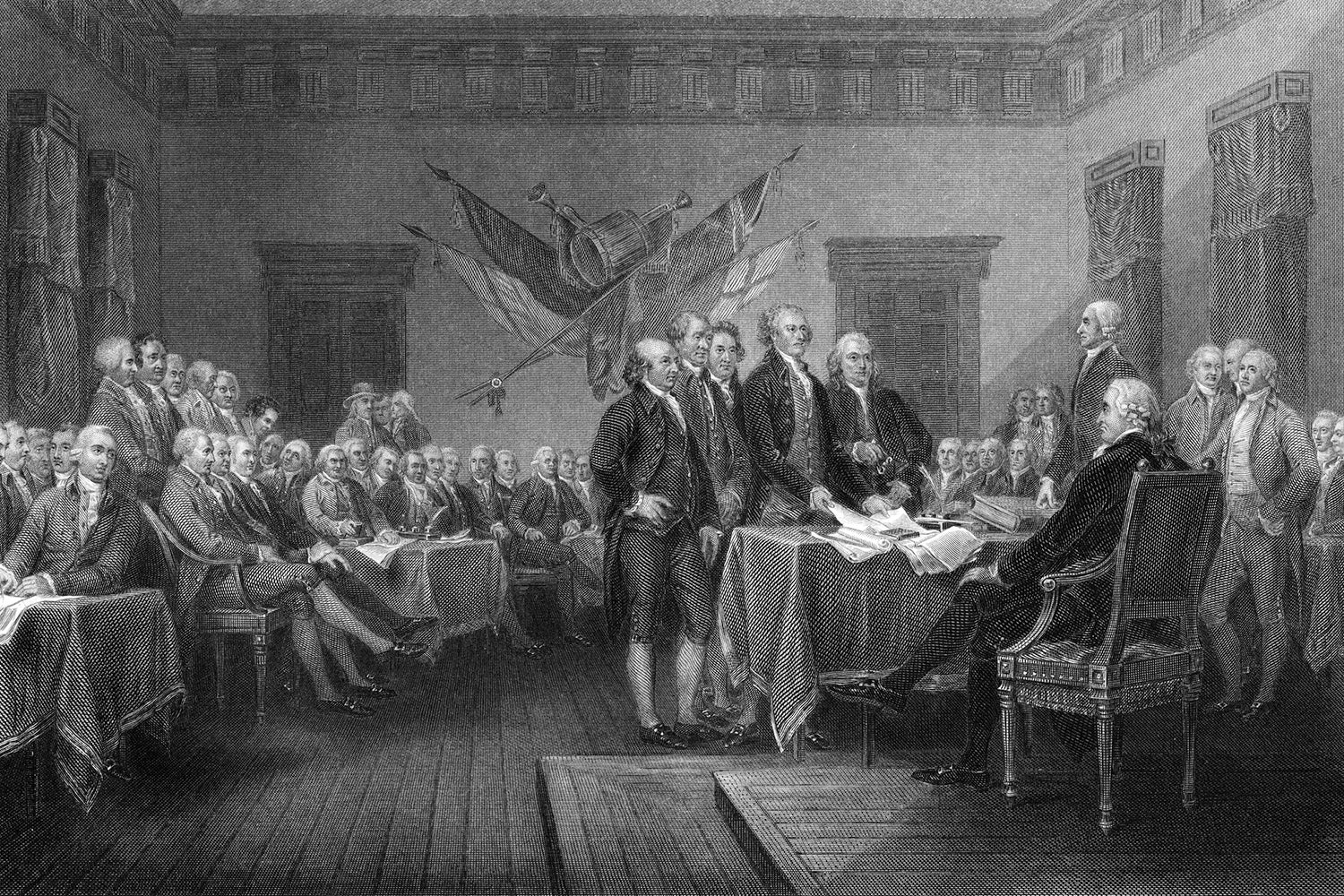Introduction
Navigating through the vast sea of news channels, it’s increasingly important to grasp the political leanings that often underpin their reporting. This article delves into which political parties major news networks tend to support, helping you decode the media landscape with clarity.
Understanding Media Bias
What is Media Bias? Media bias refers to the tendency of thelouisianapost.com outlets to lean towards particular viewpoints, often influenced by the political, social, or economic positions of their owners, advertisers, or audience demographics.
Types of Media Bias
- Partisan Bias: Favoring one political party over another.
- Sensationalism: Prioritizing dramatic or emotional content over factual reporting.
Factors Influencing Media Bias
Ownership and Funding Sources The ownership of news channels and their financial backers can significantly sway editorial decisions and coverage.
Political Affiliation of Owners and Executives The personal political leanings of owners and executives often shape the overall stance of a news network.
Major News Channels in the USA
Overview of Major News Networks The landscape of American news is dominated by several major players, each with distinct political leanings and audiences.
CNN
Political Leaning and Affiliations CNN is often considered centrist, but with a slight liberal tilt in its editorial stance.
Fox News
Political Leaning and Affiliations Fox News is known for its conservative viewpoints and strong support for Republican policies and candidates.
MSNBC
Political Leaning and Affiliations MSNBC tends to lean left and is more supportive of Democratic perspectives and policies.
BBC News
Overview of BBC’s Political Neutrality The BBC strives for impartiality and aims to present balanced coverage across the political spectrum.
Al Jazeera
Political Stance and Global Perspective Al Jazeera, while initially controversial in the West, provides a global perspective with a focus on issues from the Middle East.
Comparing Bias Across Channels
Case Studies and Comparisons Analyzing how different channels cover the same events can highlight stark differences in reporting and bias.
Impact of Biased Reporting
Effects on Public Opinion Biased reporting can contribute to societal polarization and affect public perception of important issues.
Recognizing Bias in News
Identifying Biased Reporting Tips for recognizing and mitigating the influence of bias when consuming news.
Ethical Considerations
Responsibilities of Journalists and Media Organizations The ethical obligations of journalists to maintain transparency and uphold journalistic integrity.
Conclusion
In conclusion, staying well-informed requires a nuanced understanding of media biases and how they shape news coverage. By diversifying news sources and critically analyzing information, individuals can cultivate a more balanced perspective.



:max_bytes(150000):strip_icc()/HILLBILLY-ELEGY-db5d2277dfb543c1821d47952fb8767d.jpg)




